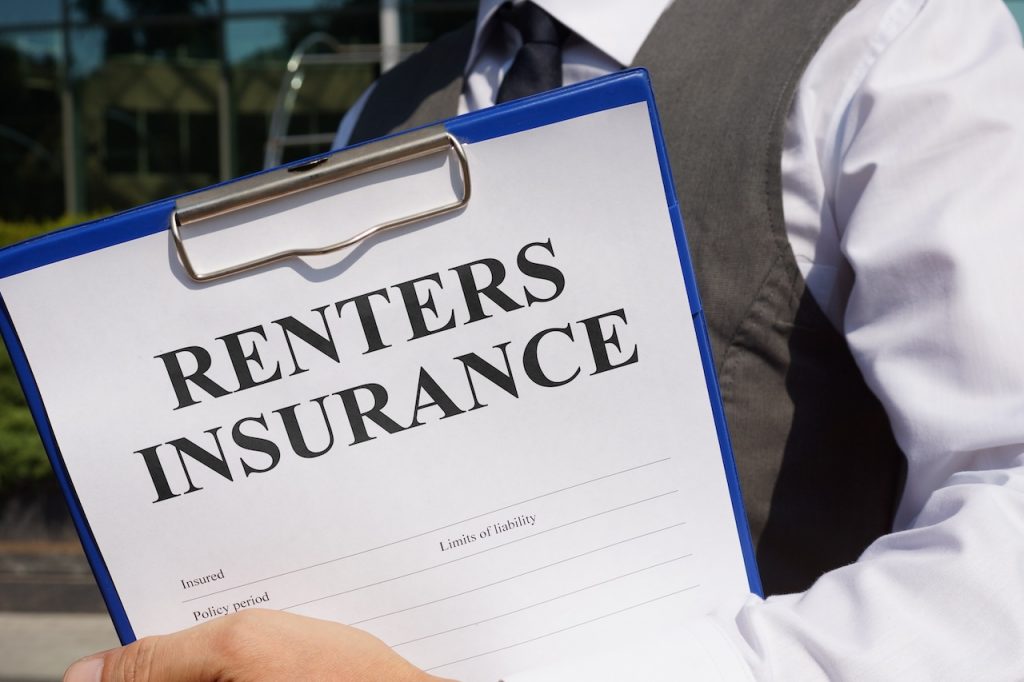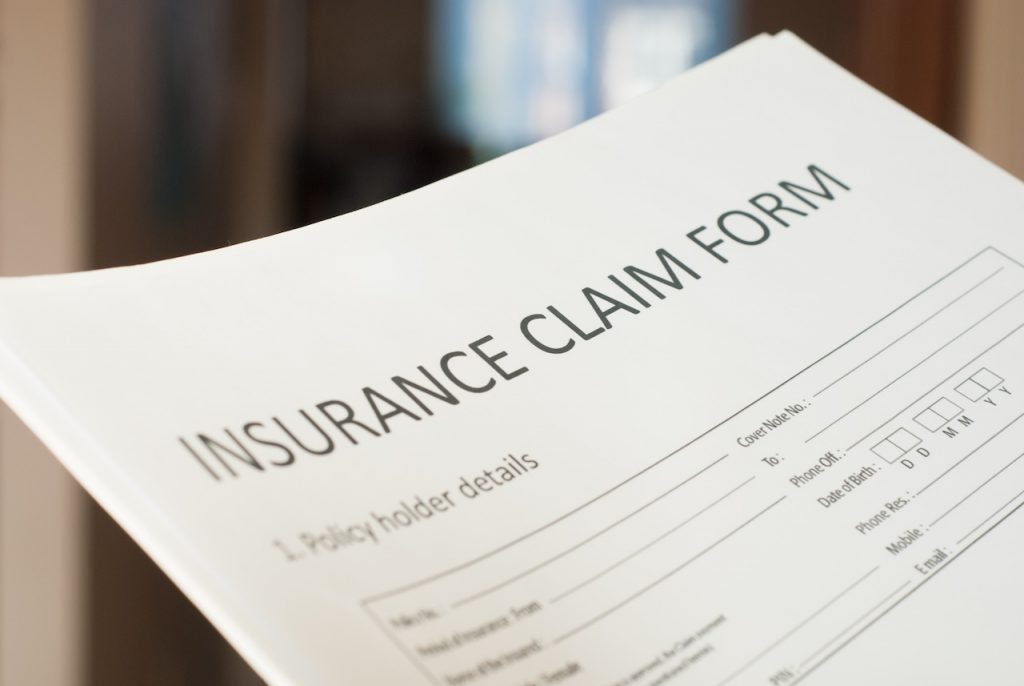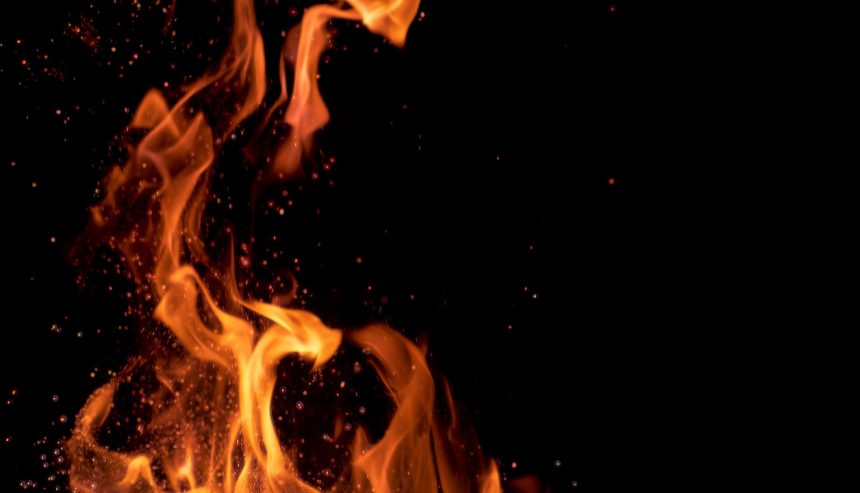Table of Contents
When a fire strikes, it can disrupt your life in seconds. Beyond the emotional stress and property loss, one question quickly comes to mind: Does renters insurance cover fire damage? The short answer is yes — in most cases, renters insurance does cover fire damage. However, the extent of coverage depends on your policy, the cause of the fire, and local laws.
In this detailed guide, PuroClean of Springfield explains how renters insurance works after a fire, what it covers, how to file a claim, and why professional fire restoration is critical for your safety and recovery.

Renters insurance typically provides three main types of coverage for fire damage.
Understanding Renters Insurance Fire Damage Coverage
When it comes to renters insurance, understanding what’s actually covered after a fire can make all the difference in how quickly you recover. Fire damage can destroy personal belongings, make your home temporarily uninhabitable, or even affect neighboring units. That’s why it’s essential to know the three main areas your renters insurance policy typically protects — personal property, liability, and additional living expenses. Here’s a breakdown of how each works and what you can expect if fire strikes your Springfield, VA rental home.
1. Personal Property Coverage
This is the core of renters insurance. If fire damages or destroys your possessions — like clothing, furniture, or electronics — your policy helps pay to repair or replace them.
For example, if an electrical short causes a fire in your Springfield apartment, your renters insurance will typically reimburse you for damaged belongings up to your policy limit. It’s smart to create an inventory list of valuable items (with photos and receipts) before disaster strikes.
Tip: Most standard policies cover up to 50–70% of your total coverage limit for personal property. High-value items like jewelry or art may require additional coverage.
2. Liability Coverage
If the fire starts accidentally in your unit and damages another tenant’s property or injures someone, liability protection can help pay for medical bills, legal defense, or settlements.
Example: A kitchen fire spreads to a neighbor’s unit. Your liability coverage would cover their losses up to your policy limit, preventing personal financial ruin.
3. Additional Living Expenses (ALE)
If your home becomes unlivable after a fire, ALE helps cover temporary expenses — such as hotel stays, short-term rentals, meals, and even laundry costs.
For instance, if a fire in your Springfield apartment complex leaves your unit unsafe, ALE can pay for you to stay nearby while repairs are made. Keep receipts for all temporary living expenses — you’ll need them for reimbursement.

When filing an insurance claim, make sure to document the damage as soon as possible. The more information you can provide, the lower the chances your claim will require additional investigation and inquiries.
Virginia-Specific Considerations for Renters
Fire-related insurance claims are guided by both policy rules and Virginia state law. Here’s what renters should know in Springfield and nearby areas like Burke, Annandale, and Fairfax:
- Landlord Insurance: Your landlord’s insurance covers the structure of the building but not your belongings. Renters insurance fills that gap.
- Tenant Rights: Under the Virginia Residential Landlord and Tenant Act (VRLTA), landlords must maintain a safe and habitable property, including smoke detectors.
- Tenant Responsibility: Renters are responsible for their personal property and should secure insurance for protection against fire, theft, and water damage.
These laws make renters insurance not just smart but essential for peace of mind.
How to File a Renters Insurance Claim After Fire Damage
If fire strikes, acting quickly can make the claim process smoother and maximize your payout.
Step 1: Document Everything – Take photos and videos of the damage before cleaning or moving anything. Create an inventory list that includes the estimated value of each lost item.
Step 2: Notify Your Insurance Company – Contact your insurance provider immediately. Provide your policy number, date of the fire, and a brief description of what happened.
Step 3: Work With a Claims Adjuster – Your insurer will assign an adjuster to assess the damage. Be available during their inspection to answer questions and point out damaged items.
Step 4: File the Claim Form – Submit the required claim form with photos, repair estimates, and receipts for temporary housing. The sooner you provide accurate documentation, the faster your claim will be processed.
Tip: Keep a digital backup of all claim-related paperwork. It helps if you need to reference details later or dispute an adjustment.

Virginia tenants are protected under the Virginia Residential Landlord and Tenant Act (VRLTA).
Comparing Renters Insurance Providers in Virginia
Finding the right renters insurance policy can be just as important as filing a claim correctly. Below is a snapshot of some top-rated providers for renters in Virginia:
| Provider | Key Benefit | Average Annual Cost |
|---|---|---|
| State Farm | Customizable coverage and strong local agents | $170–$180 |
| GEICO | Affordable, great bundle discounts with auto insurance | $150–$160 |
| Allstate | Identity theft and additional protection options | $175–$190 |
| Lemonade | Fast digital claims through a user-friendly app | $140–$155 |
When comparing providers, consider:
- Coverage limits for personal property and liability.
- Deductible amount (the out-of-pocket cost before coverage applies).
- Customer reviews on claim response times and satisfaction.
State Regulations and Tenant Protections
Under the Virginia Residential Landlord and Tenant Act (VRLTA), landlords are legally required to maintain safety standards, but renters must protect their personal property.
Key points for Springfield renters:
- Smoke detectors must be installed and maintained in every rental unit. Landlords are required to provide working smoke detectors, while tenants must test them regularly and report issues. These devices are crucial for early fire detection and safety.
- Renters are encouraged to purchase liability and property coverage. Although not mandatory, renters insurance protects your belongings from fire damage and covers liability if you accidentally cause harm to others or the property. It’s affordable and provides essential peace of mind.
- After a fire, landlords must repair or replace damaged structures, but not personal items. Landlords handle repairs to the building itself, but tenants are responsible for replacing their own belongings. Renters insurance ensures you’re financially protected if your possessions are lost in a fire.
Conclusion
So, does renters insurance cover fire damage? In most cases, yes — but only if you’ve secured the right policy and act promptly after a fire. From replacing personal belongings to covering hotel stays, renters insurance is your safety net in times of crisis.
After the flames are out, trust PuroClean of Springfield to handle the cleanup, smoke removal, and restoration. Our team is available 24/7 to help you recover quickly and safely.
Call (703) 334-0410 or visit our website to schedule professional fire damage restoration in Springfield, Burke, Annandale, Fairfax, and surrounding Northern Virginia areas.
Frequently Asked Questions
1. Does renters insurance cover accidental fires?
Yes, most policies cover accidental fires, including those caused by cooking, electrical issues, or candles. Intentional fires are not covered.
2. Does renters insurance cover fire damage to the building?
No. The landlord’s policy covers the structure, while your renters insurance covers your belongings and living expenses.
3. Will renters insurance pay for smoke damage?
Yes, smoke and soot damage are typically included under fire coverage.
4. How soon should I file a claim after a fire?
File immediately — delays can slow reimbursement or complicate proof of loss.
5. Can PuroClean help with the insurance process?
Absolutely. Our Springfield team coordinates directly with your insurer, providing documentation, photos, and restoration estimates.
Summary
- Renters insurance does cover fire damage to personal belongings, liability, and living expenses.
- Landlords cover the structure, not your possessions.
- File your claim quickly with detailed documentation.
- Compare providers for the best policy fit.
- Call PuroClean of Springfield for expert fire damage cleanup and restoration.
Read more on the subject



